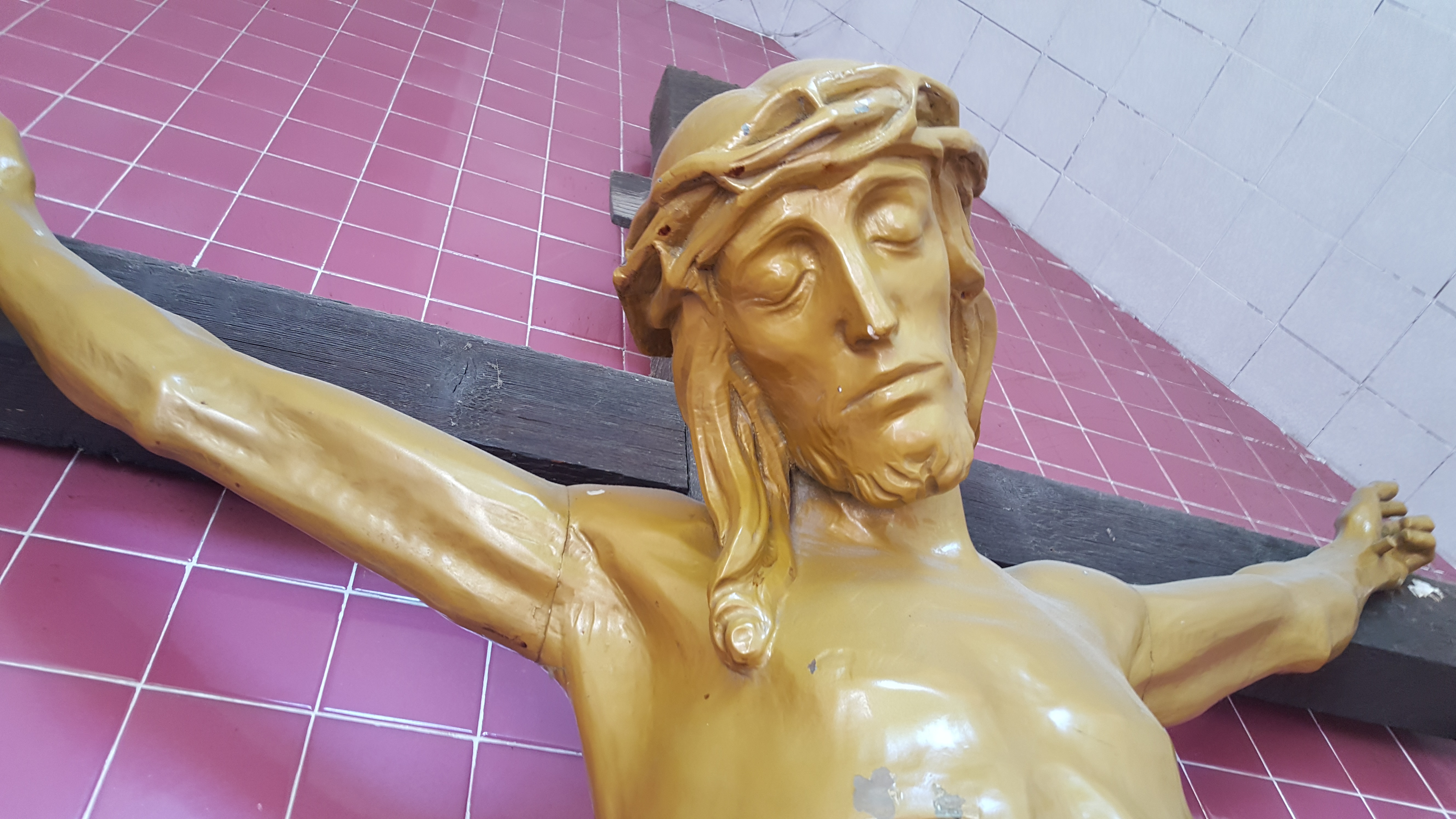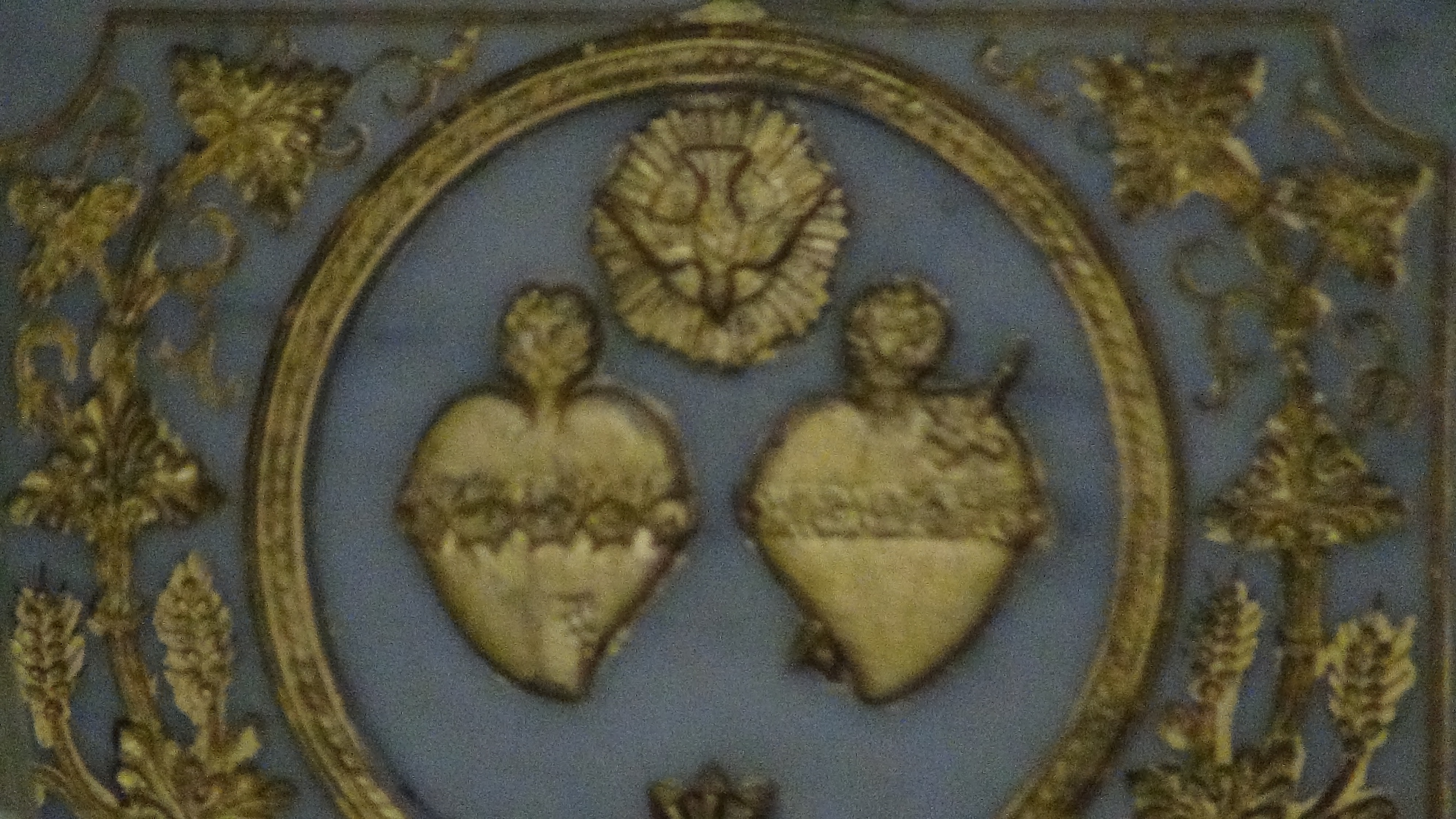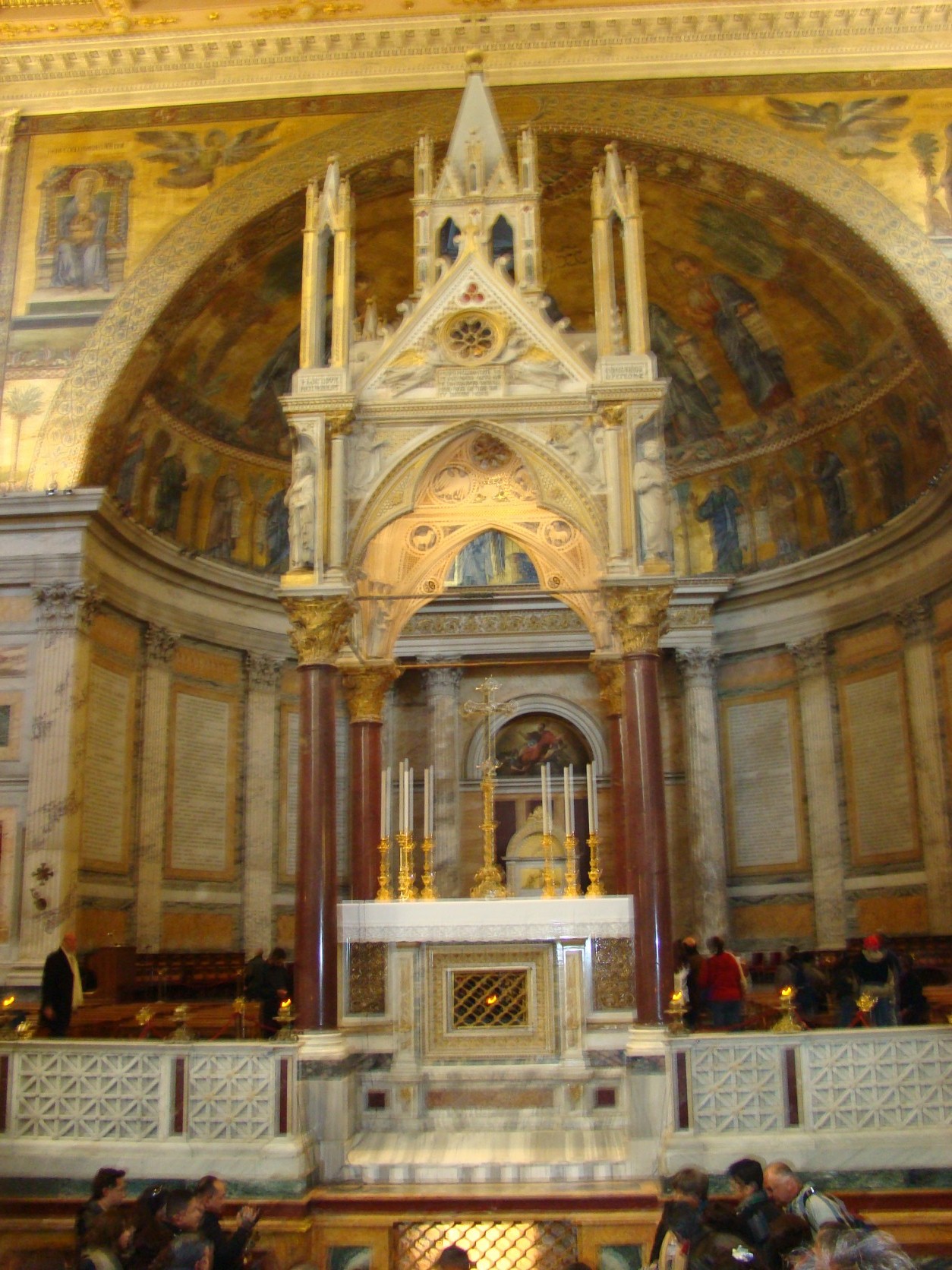Gn. 18: 20-32; Ps. 138: 12-3, 6-8; Col. 2: 12-14; Lk. 11: 1-13
“Will you sweep away the innocent with the guilty?” “For the sake of those ten (innocent), I will not destroy it.” Thus history has proven the great mercy of God. Generation after generation each lives with the corruption of its time. Where is God, we ask? He is attentive to the outcry against the sins of this world that rise up to him and has sent us his son to spread his mercy. Jesus Christ comes to nail our sins to his cross that we be raised with him in glory. His mercy however must be won one soul at a time. The good harvest must remain among the weeds for now. Abraham of old spoke for the innocent as Jesus now speaks for those who turn to him.
The Lord is attentive to those who cry out to him for help but often we look to take things into our own hands before seeking the Lord’s justice and guidance in spirit and truth. We can be following our own truth and be truthfully in error. Turn to any news channel and you hear opposite positions from individual recognized for their knowledge and each holds to be true. Colossians reminds us we can be living a life of death in our transgressions and he will bring us back to life in him if we first recognize our sinfulness and in contrition turn back to him with a resolution to avoid the sin in our lives. As long as we hold onto our truth and not ask, seek, or knock on the door of God’s mercy we remain at risk of the grave sins of Sodom and Gomorrah. A godless nation cannot survive but its destruction will come from its own doing not God.
How are we to turn back to him? We are to say the prayer he gave us and then live it and proclaim it. Live the holiness of God’s name by seeking holy lives. Alone it cannot happen. It happens when we are in communion with God. We remain in communion when we come to Mass, we pray, we ask, seek, and knock in search of God’s will in our lives.
Call on the kingdom of righteousness to be lived in our actions. Being in the kingdom does not offer an easy road. The kingdom is a place of love and peace where we come to rest knowing we are not alone in this world. The world remains a Sodom and Gomorrah and evil brings about tragedy in the living dead who are far from the glory of God. God is with us in every moment we seek him, not simply because we are Christian but because we are Christ centered. The kingdom is a spiritual compass pointing the way to God.
Receive the daily bread in the Eucharist, in the Word of God, and in the Holy Spirit. Pray for forgiveness of our sins to the God of mercy with a contrite heart. Hope that we may overcome the daily test of battle for our souls from the evil one so that the final test at the hour of our death to a mortal life will have long been won in dying to ourselves and rising to Christ in our daily living. The victory will have been won as we pass into the eternal kingdom. Who desires not a peaceful death after a long journey of life? Those prepared will express the confidence of readiness to enter into life beyond this world. Can we say if death came like a thief in the night this day I am at peace and ready to meet my creator?
Finally, pray for the grace of perseverance. Persist in prayer and let prayer guide your perseverance along the way of the Lord. The Father is ready to give us the gift of the Holy Spirit in abundance to a soul well prepared to receive it. Are we prepared? Do we rise to prayer and does our prayer lead to right judgment in doing the will of God? Words are not enough. A well prepared soul has nailed their sins to the cross and is a new creation.









Recent Comments